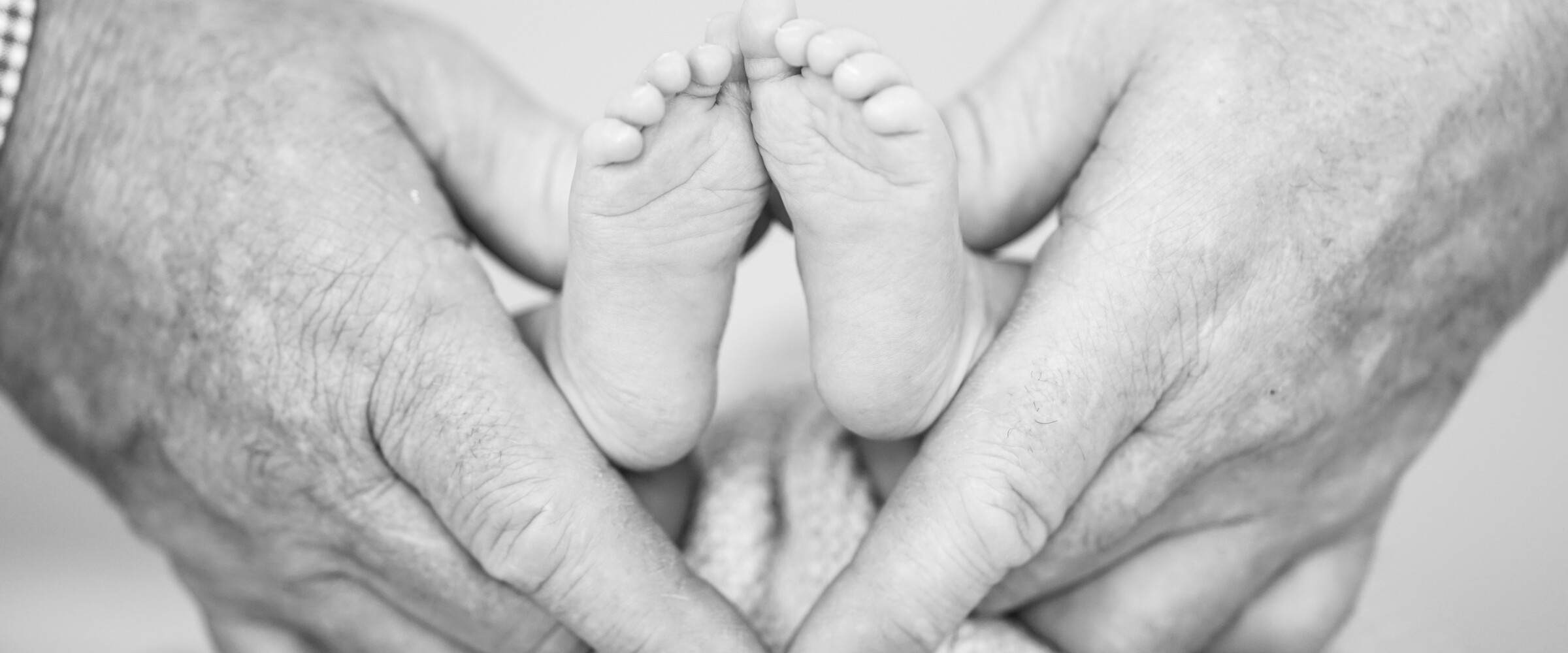
Does Male Fertility Decline Over Time?
Tick, tock… do men have a biological clock?
As a Fertility Specialist and Obstetrician, I’d like to help every man who one day wants children to experience the joy of fatherhood. But like women, men who want to become a father shouldn’t assume it will always be possible... and here’s why.
Written by Dr Shane Higgins, fertility specialist at Queensland Fertility Group
It’s common knowledge that women’s fertility decreases with age, but recent studies have indicated that the biological clock is a reality for both sexes – although the decline is not as dramatic and finite for men.
Women are born with all their eggs, so as they get older they’re left with fewer and fewer eggs – as well as a higher proportion of abnormal ones, until eventually a woman reaches menopause and produces no eggs at all.
Men, however, completely replace their sperm every three months, and continue to do so throughout their life. So sperm don’t have a ‘use by’ date in quite the same way as a woman’s eggs do. But studies indicate that semen volume, morphology (shape) and motility (the way it moves) does decline as a man ages1.
One study showed that the odds of fatherhood for those under the age of 30 was 32%, compared with 20% over the age of 50. That’s almost a 40% drop in male fertility in just 20 years!
While a man can keep producing sperm throughout his life, those sperm won’t necessarily be the best quality as the body producing them is getting older - and less healthy. Age also increases the possibility of DNA damage in sperm as the body becomes less efficient at naturally controlling cells with DNA damage. If sperm with defective DNA go on to fertilise an egg, this may translate into complications in pregnancy and after birth.
What else affects sperm quality?
In addition to age, there are a number of other factors that can make conception a little more challenging, especially for older men:
Obesity, diabetes and unhealthy lifestyles or diet can impact the quality of sperm. Common unhealthy habits that effect fertility include smoking, use of recreational drugs, and excessive or binge alcohol consumption. This is why one of the best things men can do to protect their fertility is to eat well and make positive lifestyle changes if necessary.
An increased risk of being exposed to STD’s can affect a man’s fertility also – and some STD’s can go undetected. This is why as Fertility Specialists we recommend that both the female and the male partner have a general check up by their GP, which includes simple blood tests for infectious diseases, before they start trying for children.
Additionally, men produce less testosterone as they age – and this can also affect the quality of sperm, as well as sex drive. In general, older men have slower-swimming sperm, and the shape (morphology) of the sperm may also decline with age2.
To all Dad’s – present and future
While it’s clear that the metaphorical ticking biological clock doesn’t have the same rapid impact on men as it does for women, the chances of conceiving, and of having a healthy baby, are better when both parents are younger.
If you want to have a family one day or extend the family you already have, it’s important to keep in mind the effects that age has on both you and your partner, especially as the female partner approaches her late 30’s.
References:
1http://www.scientificamerican.com/article/fact-or-fiction-men-have-biol…
2http://www.babycentre.co.uk/a564598/dads-how-your-age-can-affect-your-f…
